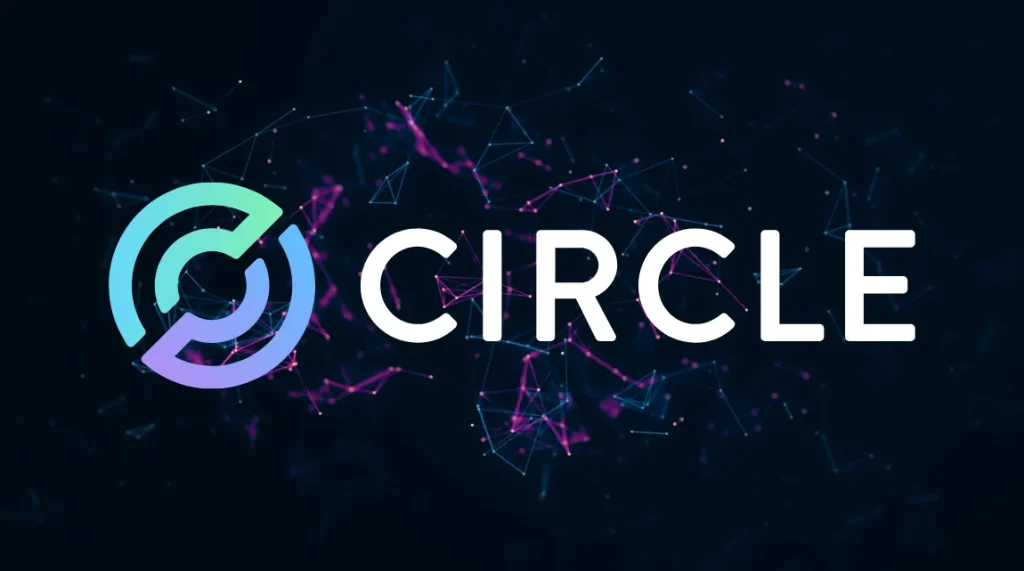Flutterwave and Yellow Card, two of Africa’s most prominent fintech and crypto platforms, have officially joined the Circle Payments Network (CPN)—a newly established global initiative aimed at transforming the international payments landscape using stablecoins. The two African companies are part of a 27-member consortium brought together by Circle Internet Group, the company behind the widely used USDC and EURC stablecoins.
A New Era of Instant, Borderless Transactions
The Circle Payments Network, unveiled by Circle Internet Group Inc., marks a pivotal expansion of the company’s influence beyond stablecoin issuance and blockchain development. This network aims to interconnect a wide array of financial institutions, including commercial banks, neobanks, payment service providers, crypto exchanges, virtual asset service providers, and digital wallets.
By enabling instant, 24/7 cross-border transactions using compliant stablecoins, CPN seeks to streamline what has historically been a slow, opaque, and expensive process. The network integrates real-time settlement features that support global money movement with the same speed and transparency as sending an email.
According to Circle, this development signifies a strategic leap toward building a programmable financial infrastructure that reduces fragmentation and inefficiencies in international payments. In their official statement, Circle said, “CPN marks the next chapter in Circle’s evolution, extending beyond trusted stablecoins and developer platforms to power a globally connected payments network.”
Flutterwave Celebrates a Milestone in African Fintech
Flutterwave, a Nigerian-founded payment powerhouse, emphasized the significance of joining the world’s largest stablecoin network. In a post shared on X (formerly Twitter), the company described the move as a “major step forward” in its mission to simplify global transactions for African businesses and communities abroad.
“Through CPN, we have improved our capacity to offer real-time, low-cost, and compliant cross-border payments, helping businesses expand beyond borders with ease,” Flutterwave stated.
This partnership is particularly crucial for Africa, where cross-border trade and remittance flows often face delays, high fees, and compliance-related friction. By integrating into a network that uses stablecoins like USDC and EURC, Flutterwave can now offer faster, cheaper, and more transparent financial services to businesses and individuals across the continent.
Yellow Card, a Pan-African crypto exchange operating in multiple countries, also joins the effort, further solidifying Africa’s role in the growing digital finance ecosystem.
Global Roster of CPN Participants
Alongside Flutterwave and Yellow Card, several prominent global fintech and payment providers have signed on as design partners in the network. These include:
-
Alfred Pay
-
BCB Group
-
BVNK
-
CoinMENA
-
Coins.ph
-
Conduit
-
dLocal
-
dtcpay
-
FOMO Pay
-
HIFI
-
Inswitch
-
Legend Trading
-
Nilos
-
Noah
-
Nuvei
-
Onafriq
-
OpenPayd
-
RD Technologies
-
RedotPay
-
TazaPay
-
Transfero Group
-
Triple-A
-
Trubit
-
Unlimit
-
Zepz
-
Zodia Markets
Additionally, Fireblocks—a leading digital asset custody and infrastructure platform—is collaborating with Circle to integrate institutional clients into the CPN ecosystem, further expanding its reach and functionality.
Solving Long-Standing Problems in Cross-Border Payments
Global payment systems have long been criticized for their inefficiencies, especially in developing markets. According to the World Bank, the average cost of cross-border payments remains above 6%, and settlement times frequently exceed 24 hours. These inefficiencies stem from intermediary banking systems, time zone mismatches, multiple compliance checks, and fragmented operating schedules.
Circle designed CPN to address these problems head-on. Through smart contracts, modular APIs, and programmable infrastructure, CPN enables real-time, compliant transactions using regulated stablecoins. The platform connects seamlessly to domestic real-time payment rails, helping financial institutions deliver faster, more reliable services to their customers while remaining within regulatory frameworks.
“CPN is governed by a robust framework that requires participants to meet strict eligibility standards, including licensing, AML/CFT compliance, financial risk management, and cybersecurity protocols,” Circle said.
The network also supports a wide variety of use cases, such as:
-
Payroll distribution
-
Supplier and vendor payments
-
International remittances
-
Capital markets settlement
-
Treasury management
-
On-chain financial services and DeFi applications
Building the Future of Programmable Finance
One of CPN’s most groundbreaking features lies in its openness to developers. Built on a smart contract infrastructure, the network allows third-party developers to create custom financial applications, workflow automations, and embedded payment services directly on top of CPN using modular APIs.
This approach transforms the traditionally rigid payments industry into a dynamic ecosystem where new financial tools can be launched rapidly and efficiently. It aligns with Circle’s long-term vision, which Co-Founder and CEO Jeremy Allaire summed up succinctly: “Since our founding, Circle’s vision has been to make moving money as simple and efficient as sending an email. CPN is a significant step in making that vision a reality for businesses worldwide.”
What This Means for Emerging Markets
CPN’s potential impact on emerging economies like those in Africa is enormous. These regions often suffer disproportionately from outdated financial systems, slow settlement times, and high transfer fees—all of which limit their competitiveness on the global stage.
By empowering institutions such as Flutterwave and Yellow Card with tools for real-time, secure, and cost-effective payments, CPN could redefine how money moves into and out of African economies. This could boost trade, improve financial inclusion, and reduce dependency on traditional banking infrastructure.
As businesses in Africa and beyond look to expand globally, CPN offers a future where cross-border payments are instant, transparent, and programmable—a game-changer in the evolution of financial technology.
Final Thoughts
The integration of Flutterwave and Yellow Card into the Circle Payments Network not only represents a leap forward for African fintech but also reflects a global shift toward stablecoin-powered finance. With 27 global payment providers onboard and a framework focused on compliance, innovation, and accessibility, CPN promises to reshape international transactions and bring the benefits of blockchain technology to the mainstream financial world.
For businesses, developers, and consumers alike, the message is clear: the future of global payments is here—and it’s stablecoin-powered.



